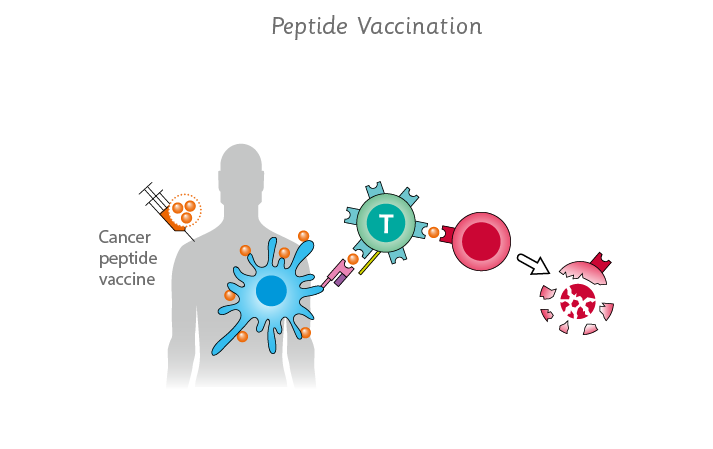However, discovering novel peptides for various medical applications, including cancer, infectious diseases, and metabolic disorders, has traditionally been a slow and costly process. Enter machine learning (ML) and artificial intelligence (AI), technologies that are transforming peptide discovery by drastically reducing time and resources needed for development.
Machine learning algorithms can analyze vast datasets, identify hidden patterns, and predict peptide sequences with desirable biological properties. By processing genomic, proteomic, and chemical information, AI models can suggest novel peptide candidates that might have otherwise been overlooked. These models can also predict peptide stability, binding affinity, and potential side effects, which are crucial factors for designing therapeutic peptides.
One of the most significant contributions of AI to peptide discovery is its ability to enhance high-throughput screening. AI systems can rapidly sift through millions of peptide sequences, ranking them based on their likelihood of interacting with specific targets, such as proteins or receptors. This reduces the need for labor-intensive experimental trials, making the process faster and more cost-effective.
Additionally, deep learning models are being used to optimize peptide synthesis, helping to predict the most efficient synthetic routes. This improves the scalability of peptide production, making it more feasible for clinical use.
By combining the strengths of computational power and experimental biology, AI is accelerating peptide discovery and offering new opportunities for targeted therapies. The integration of these technologies is expected to revolutionize the way we approach drug development, paving the way for more personalized and effective treatments in the near future.

